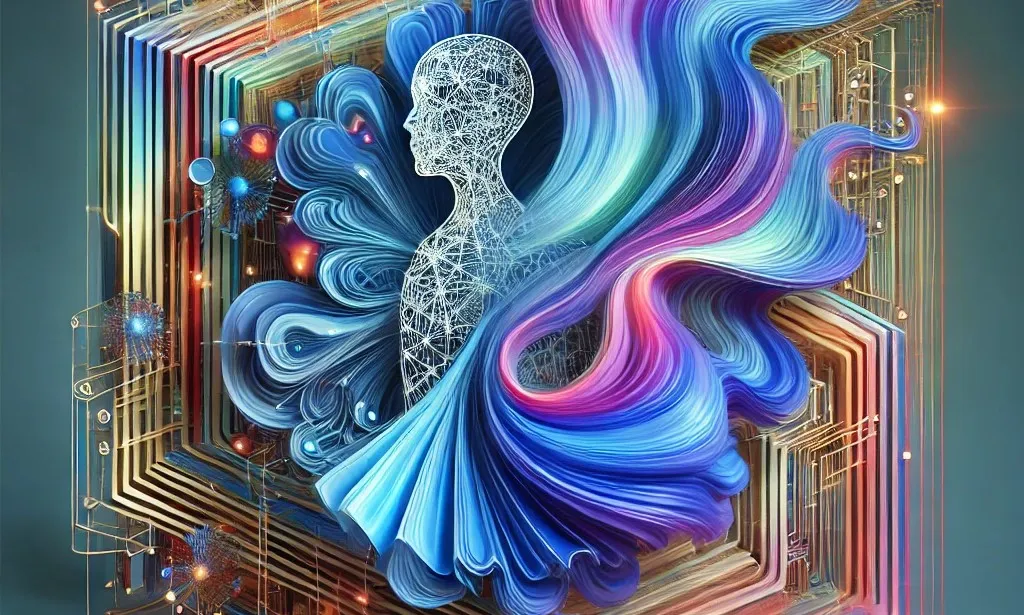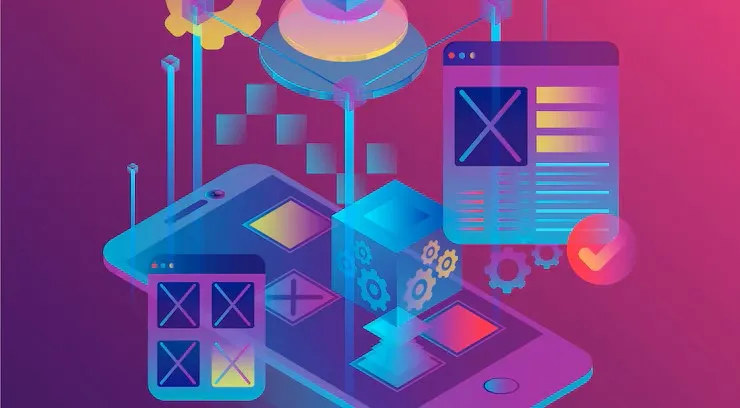February 25, 2025
.webp)
Artificial intelligence (AI) is rapidly transforming our world, and its impact on our everyday lives is becoming increasingly evident. From smart assistants that help us with our daily tasks to recommendation systems that tailor our experiences, AI is making our lives more convenient, efficient, and enjoyable.
Here are just a few examples of how AI is being used in everyday life:
- Smart assistants: Smart assistants like Amazon Alexa, Google Home, and Apple Siri are becoming increasingly popular, and for good reason. They can be used to control our smart home devices, set alarms, play music, get news and weather updates, and more. AI powers these assistants, allowing them to understand our voice commands and respond accordingly. Smart assistants are becoming increasingly sophisticated, and they are learning to understand our natural language better. This means that we can interact with them more easily and naturally, and they can provide us with more helpful and personalized assistance.
- Recommendation systems: Recommendation systems are used by many online platforms, such as Netflix, Spotify, and Amazon, to recommend products and content to users based on their past behavior. AI algorithms are used to analyze user data and identify patterns that can be used to make personalized recommendations. Recommendation systems are another common example of AI in our everyday lives. These systems are used by streaming services, e-commerce websites, and social media platforms to suggest products, content, and friends that we might like.Recommendation systems work by analyzing our past behavior and preferences. They then use this information to predict what we are likely to be interested in. This can be very helpful, as it can save us time and effort when searching for new products or content. However, it is important to be aware that recommendation systems can also be biased. This is because they are trained on data that is collected from users. If this data is biased, then the recommendations that the system generates will also be biased.
- Fraud detection: AI is being used by banks and other financial institutions to detect and prevent fraud. Machine learning algorithms can analyze large amounts of data to identify suspicious transactions and patterns.
- Customer service: AI is being used to provide customer service in a variety of industries. Chatbots can answer customer questions and resolve issues quickly and efficiently.
- Medical diagnosis: AI is being used to develop new tools for medical diagnosis. For example, AI algorithms can be used to analyze medical images, such as X-rays and MRIs, to identify potential problems.
These are just a few examples of how AI is being used in everyday life today. As AI technology continues to develop, we can expect to see even more innovative and disruptive applications in the years to come.
The benefits of AI in everyday life
AI offers a number of benefits for everyday life, including:
- Convenience: AI can make our lives more convenient by automating tasks and providing us with personalized recommendations.
- Efficiency: AI can help us to be more efficient by streamlining our workflows and identifying opportunities for improvement.
- Personalization: AI can help us to personalize our experiences by tailoring content and recommendations to our individual needs and interests.
- Accuracy: AI can help us to make more accurate decisions by analyzing large amounts of data and identifying patterns that would be difficult for humans to detect.
- Safety: AI can help to improve safety by detecting and preventing fraud, providing early warning of potential hazards, and assisting with medical diagnosis.
Other examples of AI in everyday life
In addition to smart assistants and recommendation systems, AI is also being used in a variety of other ways in our everyday lives. For example:
- Facial recognition is used by social media platforms to identify users and by security cameras to monitor public spaces.
- Natural language processing is used by customer service chatbots to provide support to customers.
- Machine learning is used by spam filters to identify and block unwanted emails.
- AI-powered traffic lights can optimize traffic flow and reduce congestion.
- Self-driving cars: AI is essential for self-driving cars to be able to navigate safely and efficiently. AI-powered systems are used to perceive the environment, make decisions, and control the vehicle.
- Fraud detection: AI is used by banks and other financial institutions to detect fraudulent transactions. AI-powered systems can analyze large amounts of data to identify patterns that may indicate fraud.
- Medical diagnosis: AI is being used to develop new tools for medical diagnosis. For example, AI-powered systems can be used to analyze medical images to detect diseases earlier and more accurately.
- Personalized learning: AI is being used to develop personalized learning tools for students. These tools can use AI to track student progress and provide them with targeted instruction.
The challenges of AI in everyday life
While AI offers many benefits, there are also some challenges that need to be addressed. One challenge is that AI systems can be biased, reflecting the biases of the data that they are trained on. This can lead to unfair or discriminatory outcomes. Another challenge is that AI systems can be opaque, making it difficult to understand how they make decisions. This can lead to a lack of trust and transparency.
How to ensure that AI is used for good
There are a number of things that we can do to ensure that AI is used for good. These include:
- Ensuring that AI systems are transparent and accountable. This means that we need to be able to understand how AI systems work and to hold them accountable for their decisions.
- Protecting against bias in AI systems. We need to develop methods for detecting and mitigating bias in AI systems.
- Promoting the responsible use of AI. We need to educate people about the benefits and risks of AI, and we need to develop ethical guidelines for the development and use of AI.
- AI is a powerful technology with the potential to transform our world for the better. However, it is important to use this technology responsibly and ethically. By being aware of the potential benefits and challenges of AI, we can help to ensure that it is used for good.
The future of AI in everyday life
As AI technology continues to develop, we can expect to see even more innovative and disruptive applications in everyday life. For example, AI-powered smart homes could become commonplace, with devices that learn our habits and preferences to provide us with a more personalized and efficient experience. AI could also be used to develop new educational tools, healthcare solutions, and transportation systems.
Overall, AI has the potential to revolutionize many aspects of our everyday lives. However, it is important to be aware of the challenges that need to be addressed in order to ensure that AI is used for good.
AI is already having a significant impact on our everyday lives, and its influence is only going to grow in the years to come. It is important to be aware of the benefits and challenges of AI so that we can use this technology wisely and ethically.


